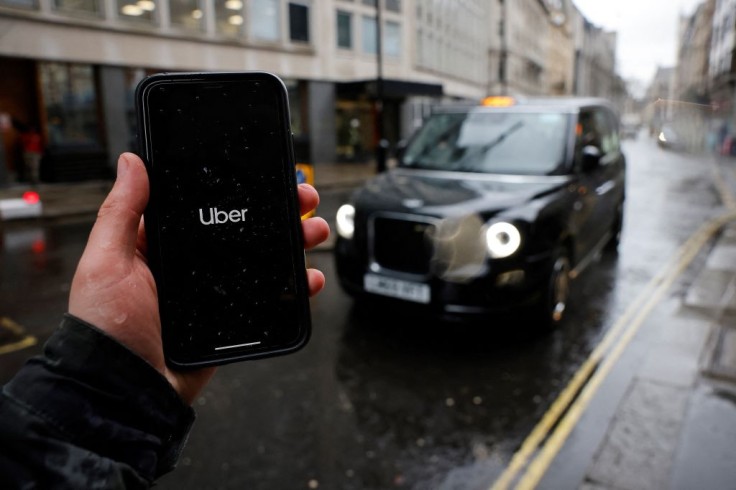
Uber announced on Friday that the company is making some effort as part of its push to make driving for the rideshare service more flexible. The company plans to introduce a new feature called "upfront fares" that would inform drivers of their actual payout and the destination they will travel after picking up a passenger.
Uber Want Flexibility to Their Rideshare Service
On some occasions, the starting cost may vary as you travel, though. An upfront fee support document states that the fare will be changed if the rider changes the drop-off address or there is "unexpected traffic" along the route. Additionally, the figure excludes wait times and tipping.
The document also noted, as per The Verge, that a number of parameters, such as base rates, projected trip length and duration, pickup distance, and surge pricing, affect the amount displayed to drivers prior to their acceptance of a trip.
Over the upcoming months, the upfront fares are expected to be implemented across much of the U.S.
How Could the Changes Affect the Drivers
The Verge said that these features may result in fewer trips being canceled by drivers who don't truly want to go to the location or who realize the trip won't be particularly profitable for them.
The document does, however, caution that the move to upfront prices may result in some types of journeys paying drivers less. These trips include "long and relatively quick (traffic-free) trips" and "trips to high-demand areas."
The document also claims that the new approach will increase the amount of earnings drivers make on short journeys, trips with heavy traffic, trips that end up in areas with few riders, and trips that require them to go far to reach the rider.
Read More : Uber Enters Non-Prosecution Agreement with FTC Over 2016 Data Breach That Exposed Data of 57 Million People
Uber Is Not Required To Provide Wheelchair Accessibility to Passenger
In a press statement on July 18, the Department of Justice stated that a settlement had been reached between Uber and the lawsuit accusing the company of overcharging riders with disabilities.
Uber's wait fee policy, which imposes additional fees when a passenger waits more than two minutes to board the vehicle, is the focus of the complaints. Because of this, disabled passengers had to pay more than regular passengers.
As a result, the ridesharing company has agreed to pay people who were unfairly charged wait time fees at least $2.2 million.
The settlement includes $500,000 for "other harmed individuals" in addition to approximately $1.74 million for the more than 1,000 riders who complained about the surcharges.
However, as previously reported, a judge in California dismissed a legal effort to require Uber to offer wheelchair-accessible vehicles.
Discrimination against people based on their impairments is prohibited by the U.S. Constitution.
However, a federal judge in California determined that Uber did not break this federal law by failing to offer wheelchair accessibility in all of its U.S. markets.









